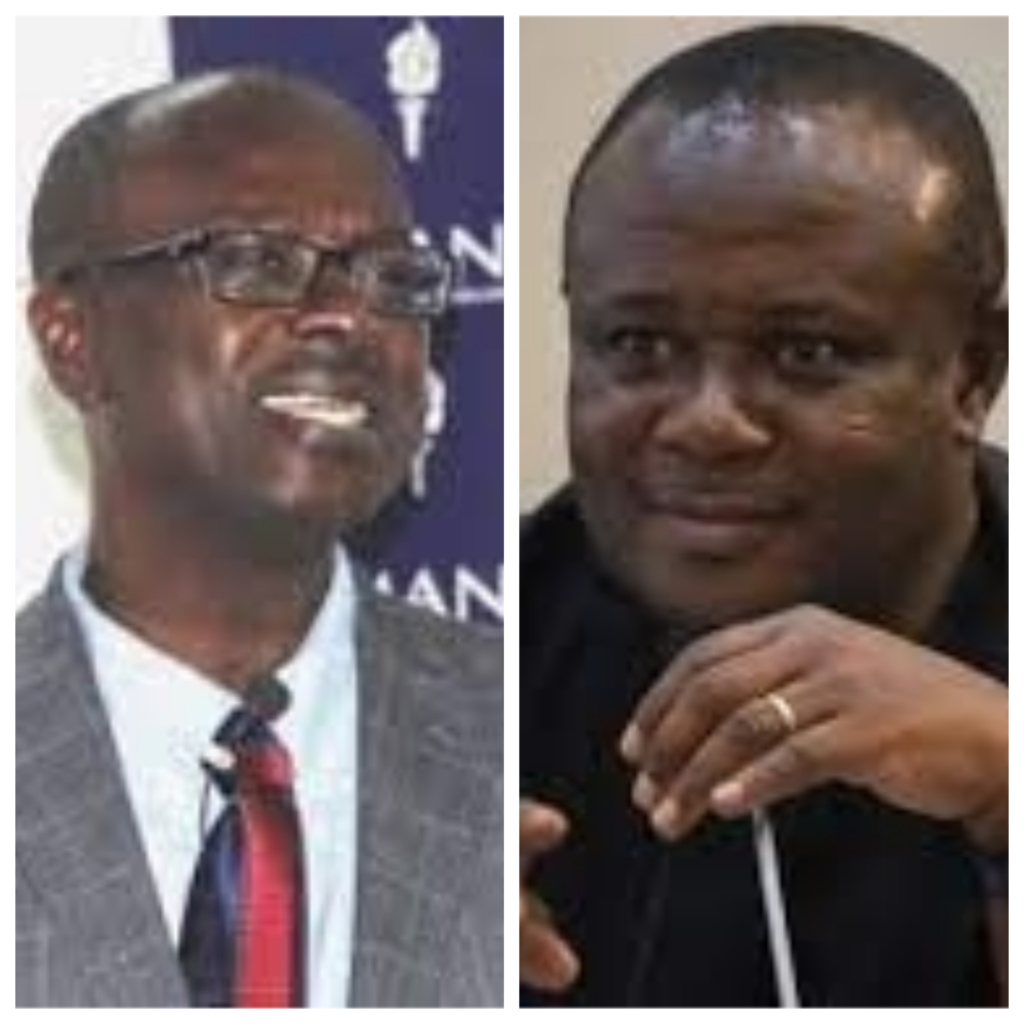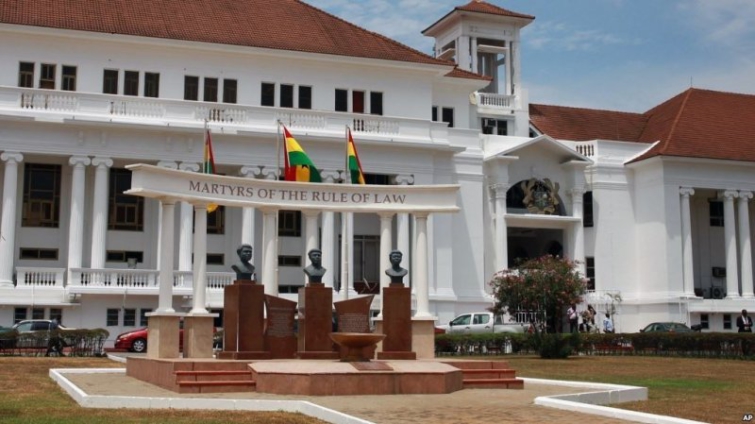Center for Democratic Development (CDD) Ghana Fellow on Law and Justice, Prof Kwaku Asare has asserted that the Supreme Court ruling on the rights of the Deputy Speaker to vote and be counted when presiding over proceedings in Parliament, is not in concert with the provisions of the 1992 Constitution.
Speaking on JoyNews on Monday in reaction to the ruling, the Professor emphasised that the 1992 Constitution does not make any provision for the Deputy Speaker to retain his vote while presiding over proceedings in the House.
He argued that "the 1957 Constitution had an explicit provision that the Deputy Speaker retains his original vote. The 1992 Constitution [on the other hand] specifically rejects that provision," hence the ruling is not textual in relation to the 1992 Constitution.
On Wednesday, the Apex Court presided over by Justice Jones Dotse, ruled that a Deputy Speaker can be counted during the formation of a quorum for Parliamentary decision-making and participate in voting while presiding over the parliamentary business.
There has been mixed reactions following the judgement. While the Majority Caucus described it as a ‘refreshing’ outcome, many, particularly the Minority in Parliament, say the ruling is absurd and could affect the smooth running of the House.

For the plaintiff, Justice Abdullai, the outcome is disappointing and has brought about a further polarisation of the country.
Prof Asare, aka Kwaku Azar, noted that the line of thought, which he believes went into the decision of the Supreme Court, "is pregnant with conceptual confusion."
"The main ruling surprisingly rests on the concept that because the quorum of Parliament differs from the quorum for voting or for making decisions and because the quorum of Parliament excludes the presiding member and the quorum for voting does not, then it must follow somehow that the Deputy Speaker can vote but he cannot deliberate. This line of thought is pregnant with conceptual confusion."
He asserted that a quorum had nothing to do with who can vote or who cannot vote.
"Quorum is a green light for decision-making. So what we have in there is basically saying that the business of the House can commence when one-third of MPs are present," he stated.
Also, he stated that there are a lot of problems with a Deputy Speaker having the right to vote and voting when he is presiding.
"Constitutionally it is not permitted. Article 102 of the 1992 Constitution reminds us that if the person presiding is a member of Parliament, then he's not counted in that quorum because when he wears the heart of the Deputy Speaker and he's presiding, then he is not treated as an ordinary member. That is why he is not counted in the quorum to greenlight the business of the House.
"The sole purpose of Article 104 is to prevent a situation where a Minority of MPs is making decisions that bind the Majority. Those two provisions have absolutely nothing to say about whether a Deputy Speaker presiding can vote or cannot vote," he added.
Latest Stories
-
Tribalism and religious bigotry should have no place in NPP – Bawumia
2 minutes -
Ambassador Sam Pee Yalley
16 minutes -
Stop the internal attacks and focus on the ills of the NDC – Bawumia urges NPP members
17 minutes -
We’re surprised EC decided to rerun Ablekuma North – NPP
24 minutes -
We’ll not allow 2024 defeat to destroy NPP – Afenyo-Markin
32 minutes -
Photos from the NPP National Delegates Conference
41 minutes -
We’re happy the NPP is resetting to support Mahama in rebuilding Ghana – NDC
1 hour -
Don’t alienate Kufuor, Akufo-Addo from party, you need them to build strong opposition – NDC tells NPP
2 hours -
The Rise and Fall of Bedroom Commandos: A National Tragedy in Three Rounds
2 hours -
Data must be treated as “core infrastructure” to achieve SDG 8 – Government Statistician
2 hours -
Rugby Africa Cup: Final set for Men’s Rugby World Cup spot as Senegal & Algeria seal wins
2 hours -
Trump sues Murdoch and Wall Street Journal for $10bn over Epstein article
3 hours -
The entire National Cathedral project is a crime scene – Dr. Arthur Kennedy
3 hours -
Follow Jesus, Follow the Apostles – Bishop Suku Chea charges newly ordained ministers
3 hours -
Bawumia accorded thunderous welcome at NPP conference
3 hours

